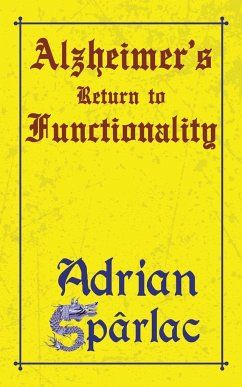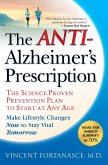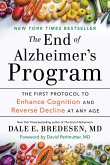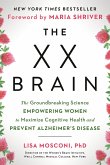Alzheimer's Return to Functionality offers new perspectives to understand this type of dementia and in the same time, gives us hope that this illness will be cured soon and the patients will be able to return to their previous functionality. This book is written in the spirit of the ancient Zalmoxian medics of Getae, Thrace, whose paradigm of approaching the patient may offer us the platform of healing Alzheimer's and many other diseases as well--including cancer. The author takes us further in a wonderful journey throughout history regarding the approaching of sufferers of mental illnesses in different cultures and a very interesting look upon the longevity of individuals in ancient times in an original manner. Among other interesting things, as our readers may well find in this book, is the incursion that author makes on the aetiology of Alzheimer's disease and what is happening at the cell level in the body.







